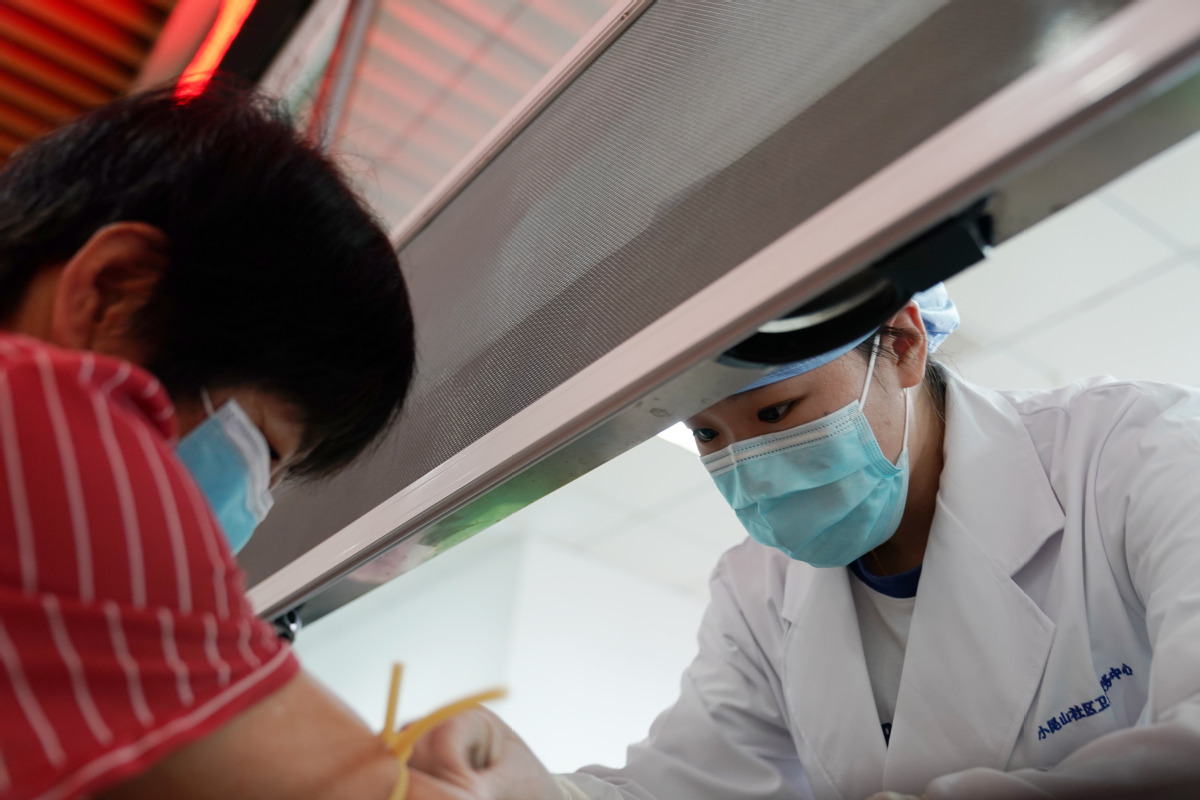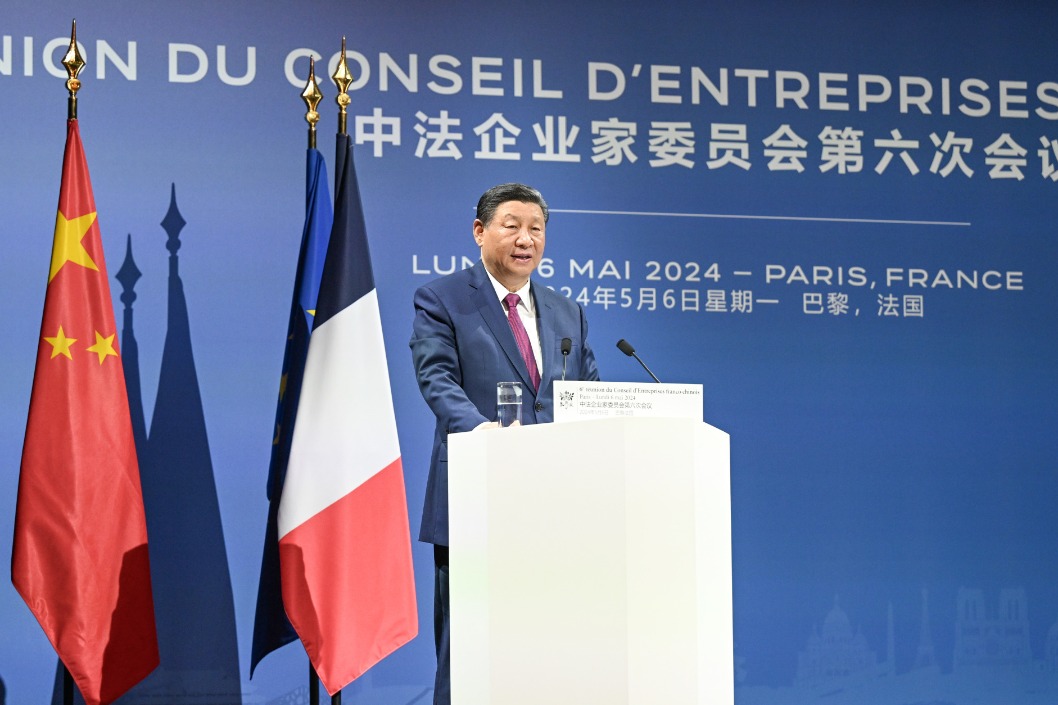A healthy respect for healthcare
By WANG XIAOYU in Beijing and LIU KUN in Wuhan | CHINA DAILY | Updated: 2020-10-03 07:43

Liu Shuya, a high school graduate from Jiangsu province, left home for Chongqing Medical University in September to study clinical medicine.
She said a promising career outlook was part of the reason she chose to major in medicine.
"The epidemic has taught us a painful lesson about the consequences of having an overstretched healthcare system amid an emergency. I believe both government officials and the public will attach greater importance to medical education," she said.
"I had never seriously considered majoring in medicine until I was deeply motivated by the spirit of front-line doctors and nurses. I also had to take the job market and future earnings into account. My parents and I believe doctors will become better paid and more respected in the future."
Recruiting and retaining healthcare talent requires more than the promotion of "positive energy" and "good hearts", doctors have said.
Tong Zhaohui, who's a key figure in treating severe COVID-19 cases and vice-president of Beijing Chaoyang Hospital, said the outpouring of praise for medical workers and the booming interest in medicine majors also occurred after the severe acute respiratory syndrome outbreak in 2003. But it subsided in a few years.
"Whether during an emergency or in normal times, medical workers should be understood and respected by society and receive adequate income and benefits," he said.
Tong said medical students usually undergo 14 years of training and residency before becoming a qualified doctor.
"We should improve their income and benefits from an earlier stage, so they can be properly nurtured and have an opportunity to grow into senior experts," he said.
Tao Yong, director of the ophthalmology department of Beijing Chaoyang Hospital, was seriously injured in a knife attack in late January.
He said more protections, such as security checkpoints, should be installed at hospitals to foster a safer and healthier environment.
A 2013 Chinese Medical Doctor Association survey showed the average number of attacks targeting medical workers per hospital increased from 20.6 in 2008 to 27.3 in 2012.
"Whoever assaults doctors should be flagged in the social credit system and pay the price for their wrongdoing," he added.
"Also, more campaigns can be rolled out to educate people about the benefits of maintaining harmonious doctor-patient relationships."
























